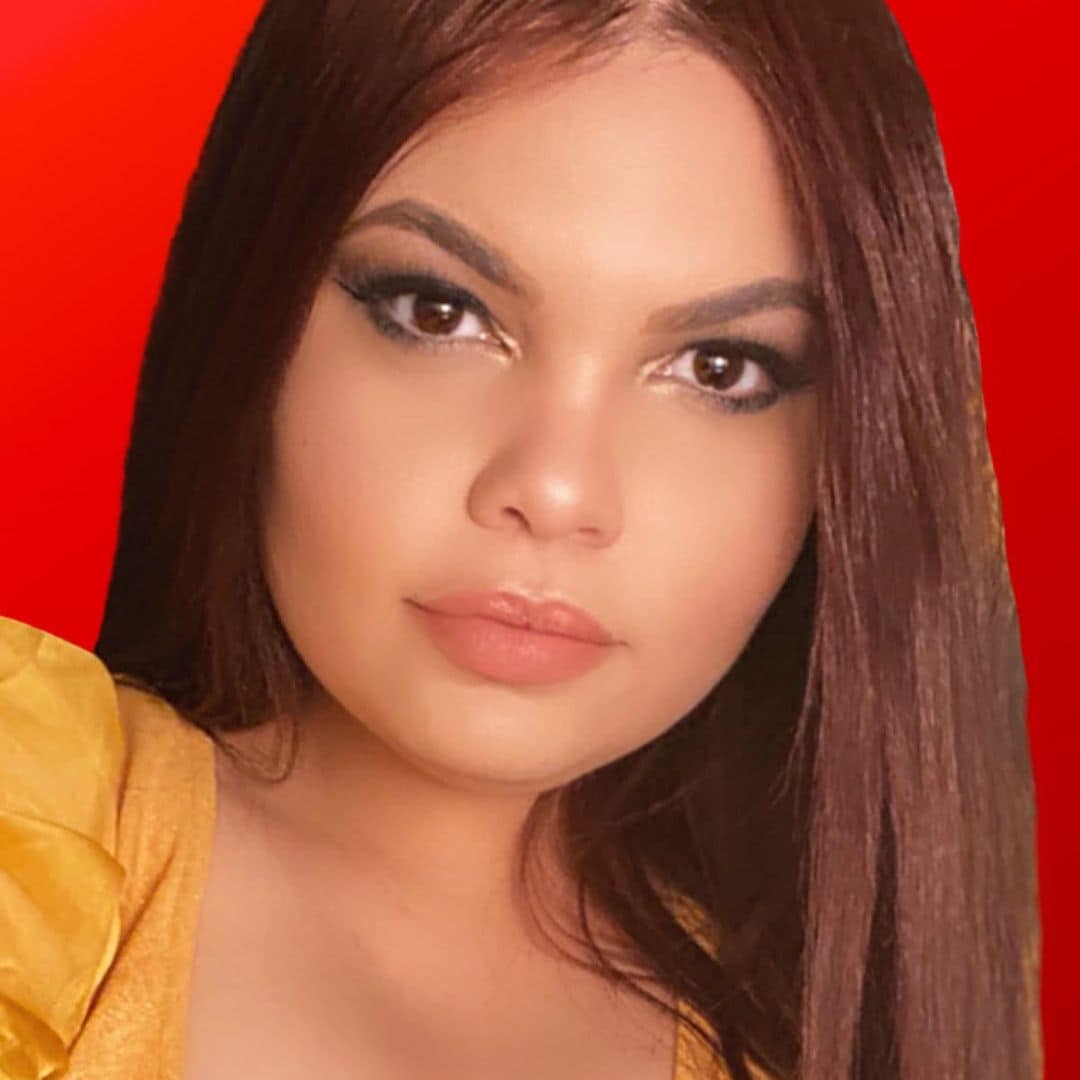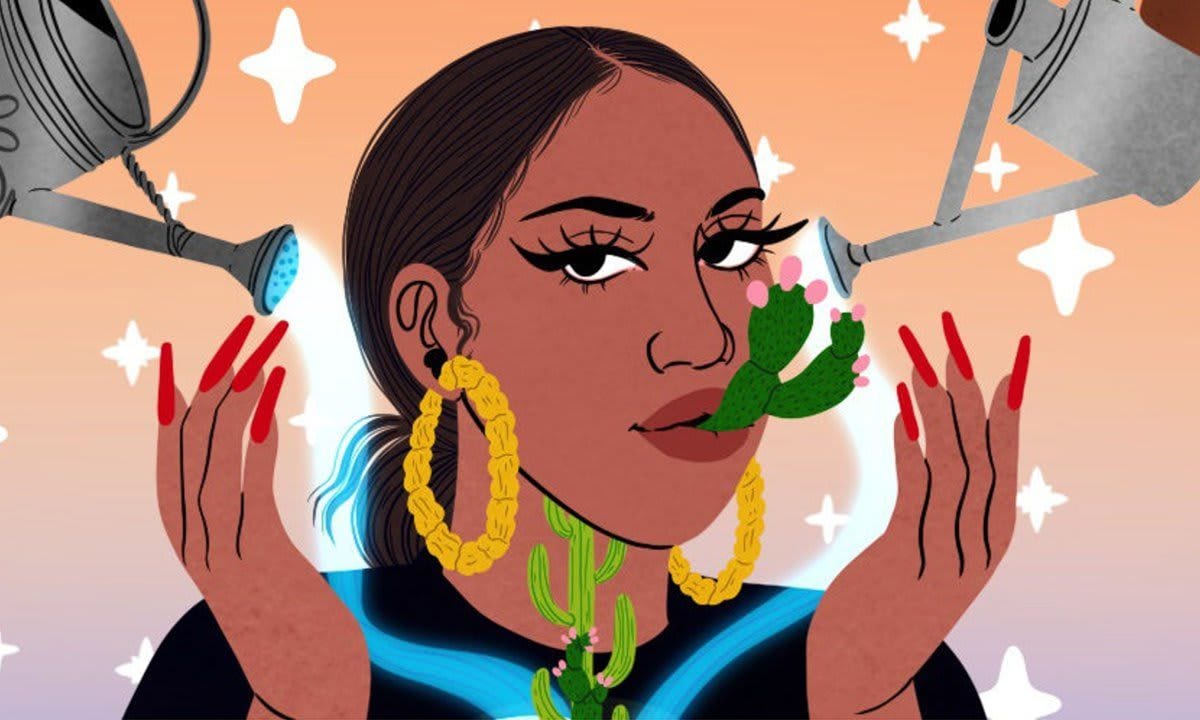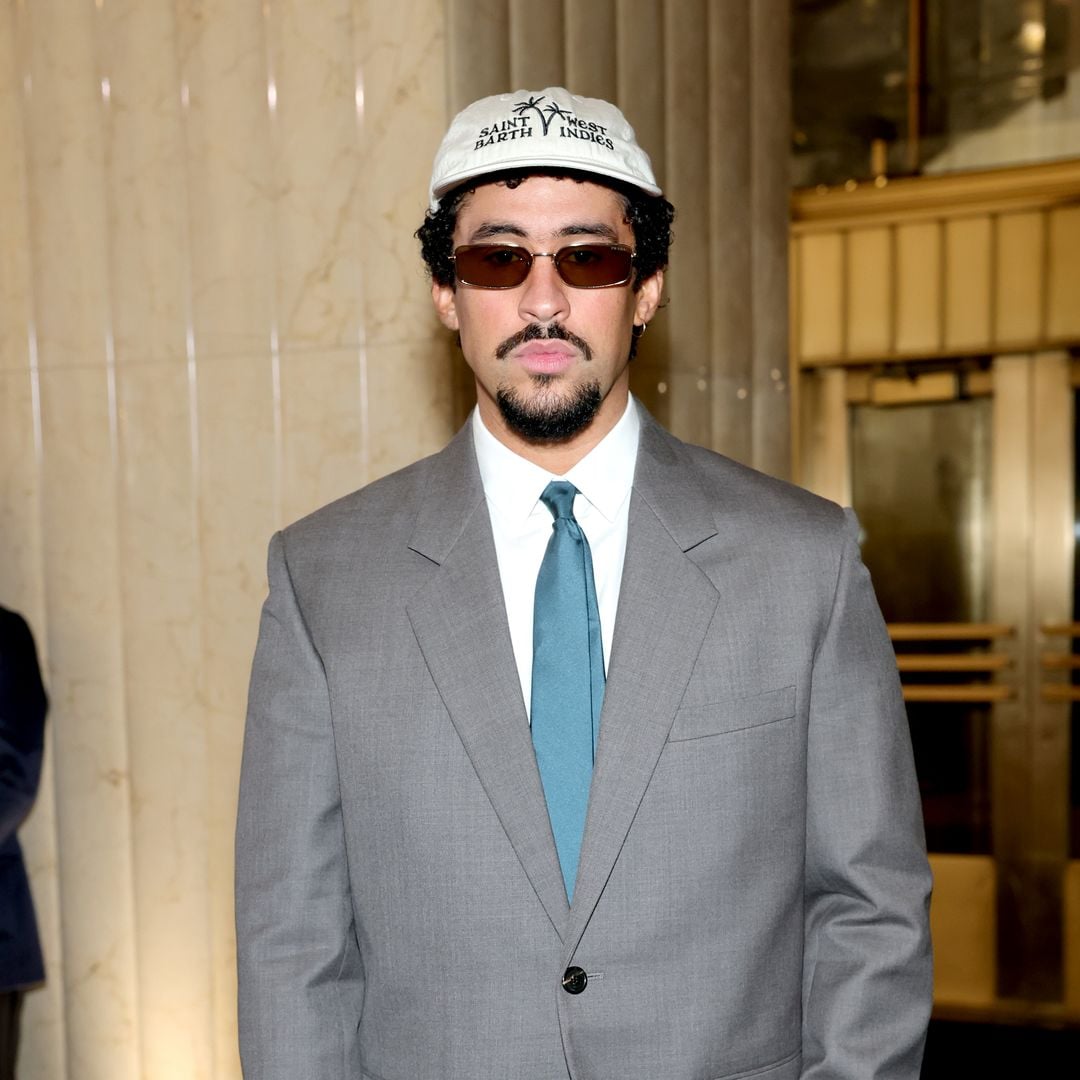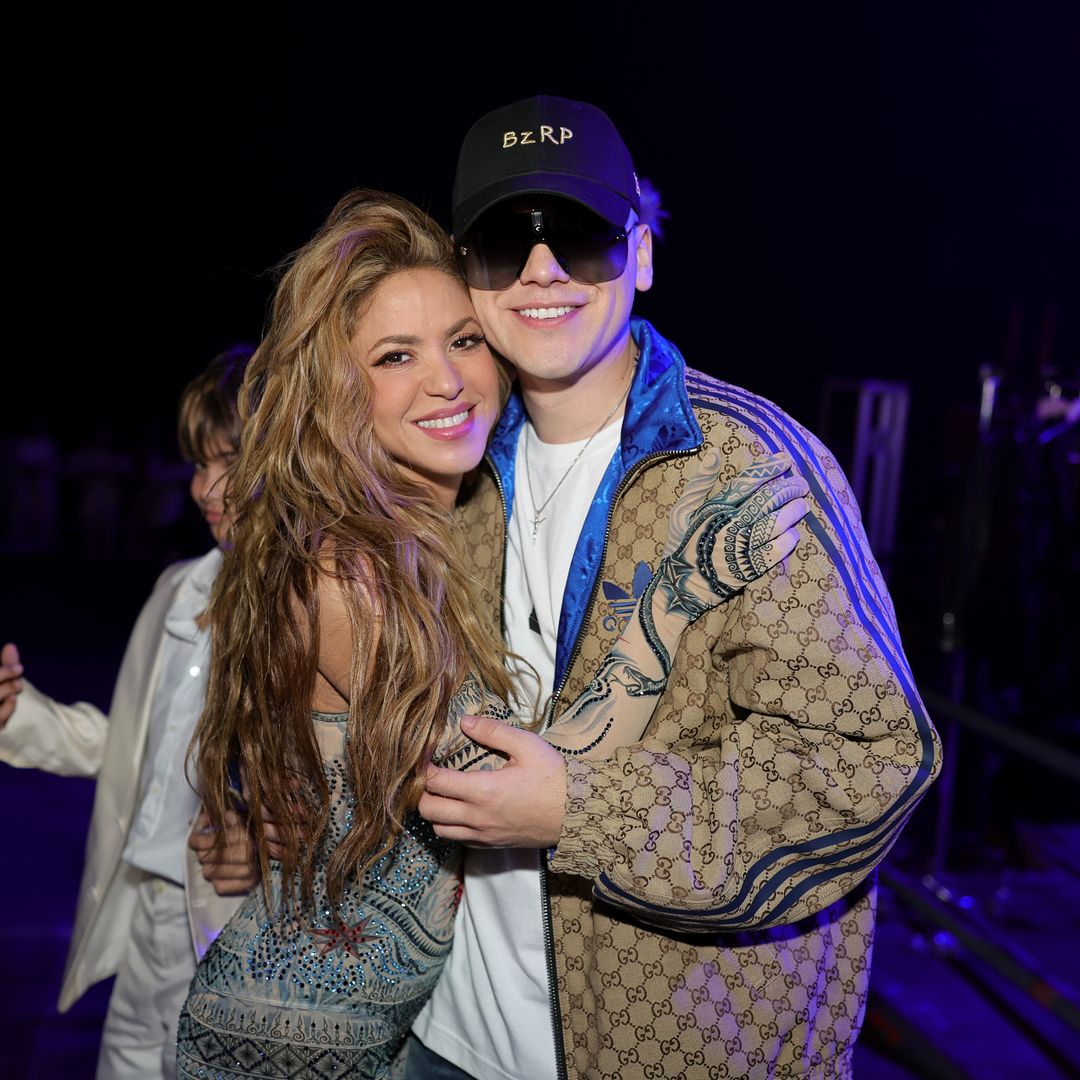Latinas in the United States often face the term “Ni de aquí, ni de allá” (I am neither from here nor there) when growing up in a multicultural or bicultural household. People automatically invalidate your nationality when you speak different languages, grew up eating food from a specific country, or like Maria Garcia, spent your childhood crossing the U.S.-Mexico border.
Garcia is the host of the new podcast Anything for Selena , a show broadcasted through WBUR, in which she shares with the audience “how Selena has become a potent symbol for tensions around race, class and body politics in the United States.”
Maria Garcia was born Ciudad Juárez, but after moving to the States at the age of three, she had to split her time within the two Nations, attending school in the U.S during the week to go back to Mexico during the weekends. “It has this unforgettable smell when it rains,” Garcia explained in the first episode, referring to the desert valley. “It’s slightly floral, but mostly it’s this very specific, cool earthy desert aroma. And there’s usually a calm, clear breeze, which carries these concentrated little pockets of fragrance.”
Although the show explores Selena Quintanilla ’s music and how she became a Grammy-winning Mexican American star, Garcia takes time to share her personal story as a queer, first-generation Mexican immigrant. The host uses “cultural analysis, history, and politics to explore how, 25 years after her death, Selena remains an unparalleled vessel for understanding Latino identity and American belonging.”
“She was the very first person I witnessed who embodied these two parts of myself, and she did it with such grace,” Garcia told NPR’s Ari Shapiro, explaining why Quintanilla’s story connects to her. “Even at a young age, it was astounding to me to see a woman who was so proud of this identity that felt like it had been derided by the world.”
According to Garcia, she struggled as a kid for merely getting her education in one country and continue her life in another. “When I was a young girl, I would go back to Mexico, and my cousins and my friends there started calling me a pocha. Which is a horrible insult in Mexico — it‘s made against somebody who [you feel has] ruined the culture and the language with this sort of crass, working-class sensibility,” she said.
I felt this rejection forming in Mexico, and then, in the U.S., I also felt out of place. So to see somebody who was beloved in both places without compromising herself, without sort of contorting herself, without code-switching, was incredibly profound for me.
Garcia also said it was imperative to start the Anything for Selena podcast with the stamp of approval from Selena’s dad, Abraham Quintanilla. “Well, we couldn’t make this podcast without her art — without Selena’s songs,” she said. “And I knew that I had to get the green light from her father, from Mr. Quintanilla, who is notorious for sort of guarding her legacy with an iron fist.”
Unfortunately, Abraham Quintanilla denied Garcia’s request for permission. Determined to get a “Yes,” she decided to flew down to Texas to convince him in person. “I think it‘s that I genuinely wanted to know him. I wanted to really understand the person who raised Selena. And Selena talked about him all of the time — not just as her father, but as her mentor, as a sort of guiding light in her creative force,” she explained in the interview.
“And they had a huge, huge bond as artists. That story hasn’t truly been told — like, the complexity of their relationship. And it shed light, to me, on these narratives about Latino fatherhood and Latino daughters and all these stereotypes we have. I just wanted to capture him as a human,” she added.
Among all Selena’s biggest hits, “Dreaming of You” has a special place in Garcia’s heart. “‘Dreaming of You’ is a song that makes me long for her. Makes me long to see what kind of an artist she would have been now,” she told The Chart Show with Brooke Reese on Apple Music 1. “What kind of causes she would have gotten behind now. What things she was she has spoken about now. And what kind of art would she have been creating. I strongly believe, that maybe it would have been Selena instead of Rosalía , with Bad Bunny on SNL. That she would be doing Latin Trap and some sort of Reggaeton Cumbia. That she would still very much be a vanguard of music, of culture, of art.”
Garcia is committed to analyze and share how Selena’s legacy is not superficial. “Her legacy hasn‘t been fully done justice. I mean, it’s so easy every year to put out the most basic Selena content, and there’s still so much hunger for it and for it to perform relatively well sort of in the ether,” she said. “But in terms of an actual reckoning, an actual unpacking, a detailed, rigorous analysis of exactly how she changed the world. That hasn’t fully been done. And so that’s what I hope the podcast is a pathway to do.”
As of this writing, Maria Garcia has released nine episodes of Anything for Selena, covering from “why Selena’s brownness is an essential part of her legacy” to “why Selena’s Spanglish seemed so revolutionary for its time,” and of course, “how Selena helped Maria find her own place in the world.”
,type=downsize)








